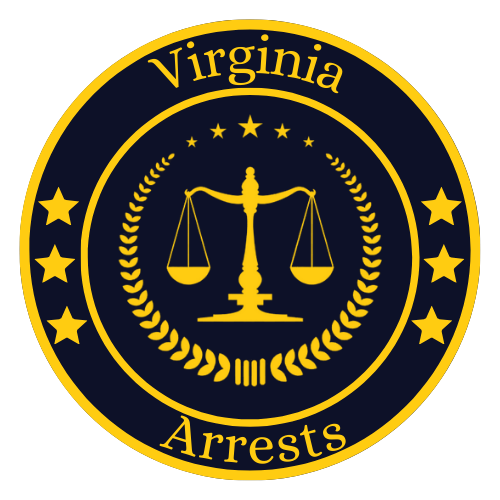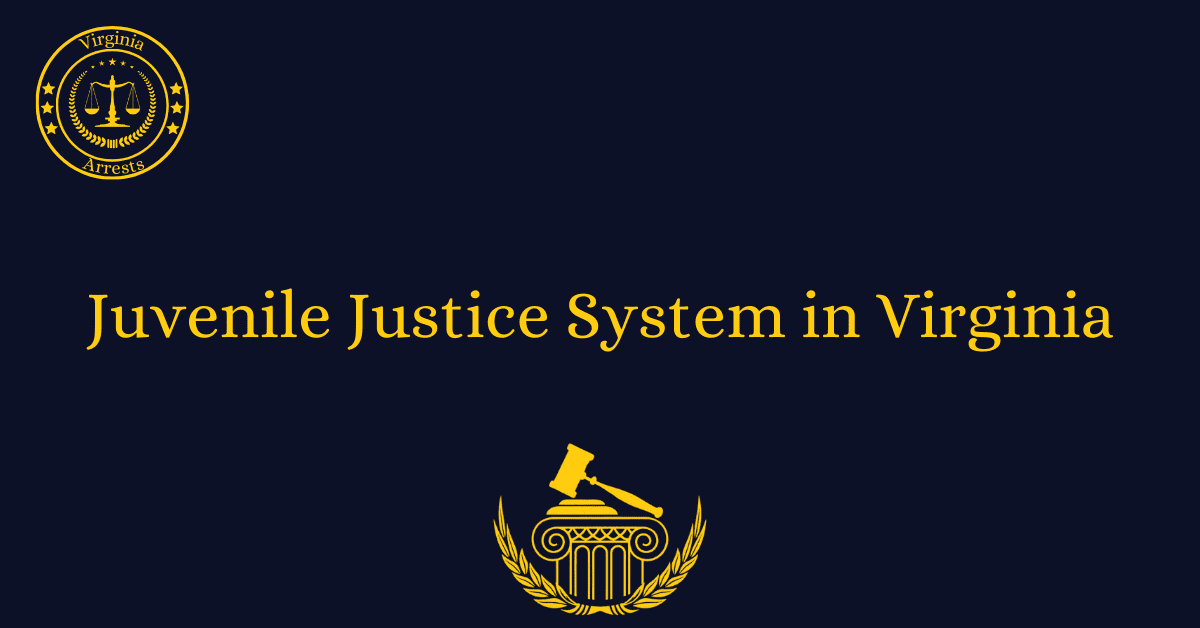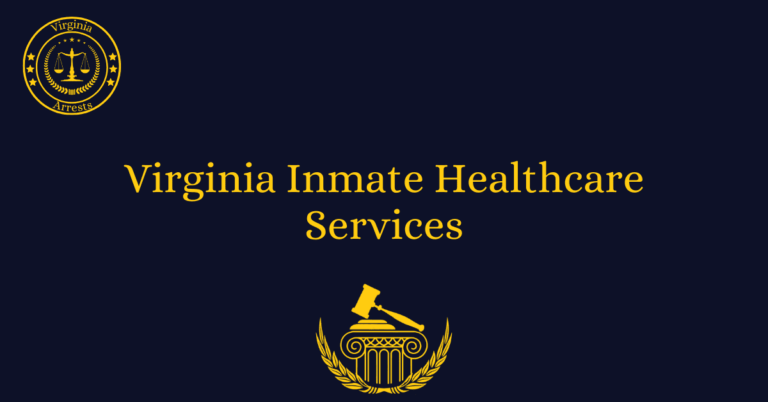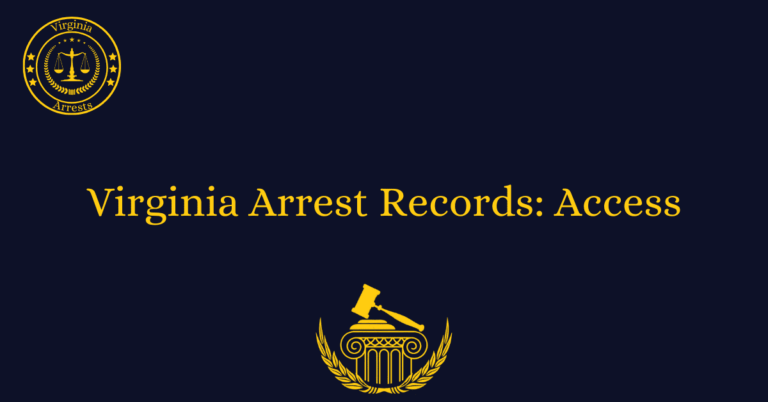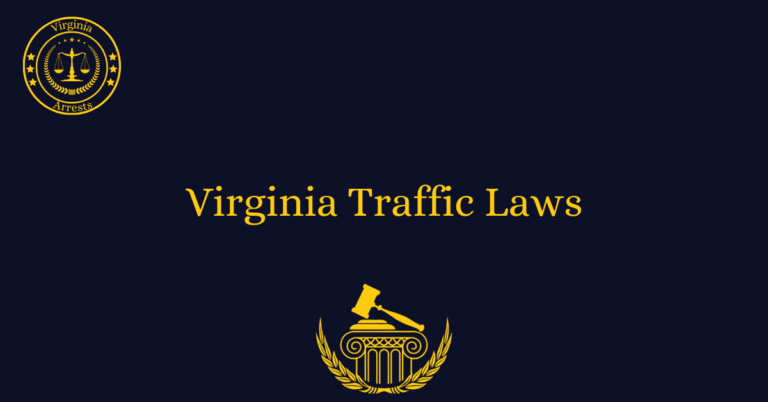Juvenile Justice System in Virginia
The juvenile justice system in Virginia is a multifaceted institution designed to address the needs of young offenders while balancing accountability with rehabilitation. Governed by a complex framework of laws and regulations, the system aims to provide appropriate interventions to prevent recidivism and promote the well-being of juveniles involved in the legal system. This article delves into the key components of the juvenile justice system in Virginia, including its history, structure, procedures, and recent developments.
Historical Background
Like many states in the United States, Virginia’s approach to juvenile justice has evolved significantly over time. Historically, juveniles were often treated similarly to adults in the criminal justice system, with little consideration for their age or developmental stage. However, in the late 19th and early 20th centuries, a paradigm shift occurred, leading to the recognition of the unique needs and vulnerabilities of young offenders.
In response to this shift, Virginia began to establish separate juvenile courts and implement specialized procedures for handling cases involving minors. The focus shifted from punishment to rehabilitation, with an emphasis on diversion programs and community-based interventions to address the underlying causes of juvenile delinquency.
Structure of the Juvenile Justice System
The juvenile justice system in Virginia is comprised of several key entities, each playing a distinct role in the processing and adjudication of juvenile cases:
- Juvenile Courts: Juvenile courts in Virginia have jurisdiction over cases involving individuals under the age of 18 who are accused of committing delinquent acts or status offenses. These courts operate separately from adult criminal courts and are guided by principles of rehabilitation and accountability.
- Department of Juvenile Justice (DJJ): The DJJ is the state agency responsible for overseeing juvenile justice services and programs in Virginia. It operates juvenile correctional facilities, provides community-based supervision and treatment services, and administers probation and parole for juveniles under its jurisdiction.
- Juvenile Probation Officers (JPOs): JPOs play a crucial role in the juvenile justice system by conducting assessments, monitoring compliance with court orders, and coordinating services for youth involved in the legal system. They work closely with juvenile courts and community-based organizations to develop individualized plans for each juvenile under their supervision.
- Attorneys: Juveniles in Virginia have the right to legal representation throughout the juvenile justice process. Attorneys advocate on behalf of their juvenile clients, ensuring their rights are protected and helping them navigate the legal system effectively.
- Community-Based Organizations: Various community-based organizations collaborate with the juvenile justice system to provide services such as counseling, substance abuse treatment, educational support, and vocational training. These organizations play a vital role in addressing the underlying factors contributing to juvenile delinquency and promoting positive youth development.
Procedures and Interventions
When a juvenile is accused of committing a delinquent act in Virginia, the case typically proceeds through several stages within the juvenile justice system:
- Intake: The intake process involves the initial screening of cases to determine the appropriate course of action. This may include diversion to community-based programs, informal adjustment, or formal court proceedings.
- Adjudication: If the case proceeds to adjudication, a hearing is held in juvenile court to determine whether the juvenile committed the alleged offense. Juveniles have the right to a fair and impartial trial, and evidence is presented to support the allegations against them.
- Disposition: Following adjudication, the court issues a disposition, which outlines the consequences and interventions for the juvenile. Dispositions may include probation, community service, restitution, placement in a residential facility, or other rehabilitative measures.
- Post-Disposition Monitoring: Juvenile probation officers monitor the progress of juveniles following disposition, ensuring compliance with court orders and providing support to facilitate positive behavior change.
Recent Developments and Challenges
In recent years, Virginia has made efforts to reform its juvenile justice system to enhance outcomes for youth and reduce reliance on incarceration. These efforts have included the implementation of evidence-based practices, diversion programs, and alternatives to detention.
However, challenges persist, including disparities in the treatment of minority youth, inadequate access to mental health services, and the overrepresentation of juveniles with disabilities in the juvenile justice system. Addressing these challenges requires a comprehensive approach that addresses systemic inequities and focuses on promoting equity, fairness, and positive youth development.
FAQs
What is the Juvenile Justice System in Virginia?
The Juvenile Justice System in Virginia refers to the legal framework and programs designed to address the needs of juvenile offenders in the state. It aims to provide a fair and rehabilitative approach to young individuals who have committed delinquent acts.
What are the key components of the Juvenile Justice System in Virginia?
The key components of the Juvenile Justice System in Virginia include law enforcement, courts, probation services, and various programs and services aimed at preventing delinquency and promoting rehabilitation.
What policies and procedures guide the Juvenile Justice System in Virginia?
The Juvenile Justice System in Virginia operates under a set of policies and procedures that ensure fairness, due process, and the protection of the rights of juvenile offenders. These policies and procedures are established by state laws and regulations.
What programs and services are available within the Juvenile Justice System in Virginia?
The Juvenile Justice System in Virginia offers a range of programs and services, including diversion programs, counseling, education, vocational training, substance abuse treatment, and aftercare services. These programs aim to address the underlying causes of delinquency and provide support for rehabilitation.
Who is involved in the Juvenile Justice System in Virginia?
The Juvenile Justice System in Virginia involves various stakeholders, including law enforcement officers, judges, prosecutors, defense attorneys, probation officers, social workers, educators, and community organizations. These stakeholders work together to ensure a comprehensive and collaborative approach to juvenile justice.
How can this guide help individuals navigate the Juvenile Justice System in Virginia?
This comprehensive guide serves as a valuable resource for anyone seeking knowledge about the Virginia juvenile justice system. It provides a detailed overview of the legal framework, programs, and services available, helping individuals understand the complexities and make informed decisions regarding the system.
Conclusion
The juvenile justice system in Virginia plays a critical role in addressing the needs of young offenders and promoting public safety. By balancing accountability with rehabilitation and prioritizing the well-being of juveniles, Virginia continues to strive toward a more effective and equitable juvenile justice system that supports positive outcomes for all youth involved.
